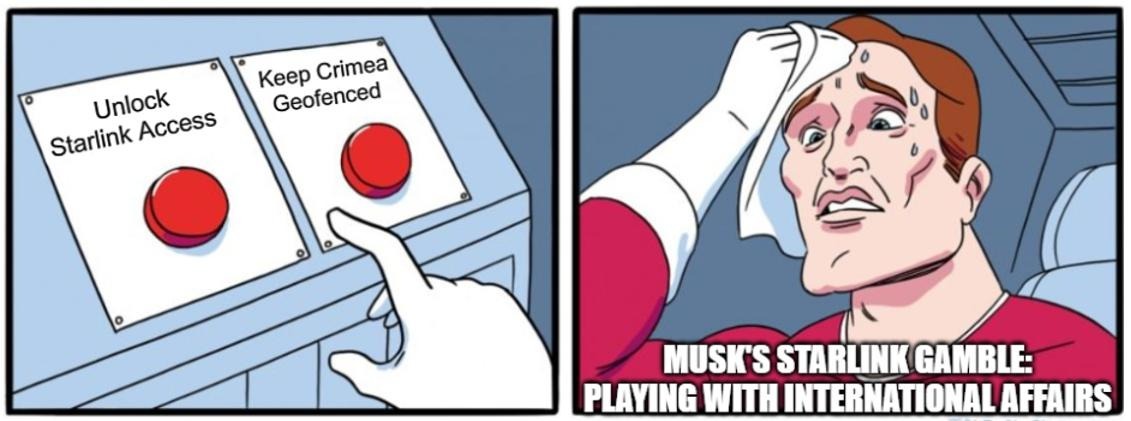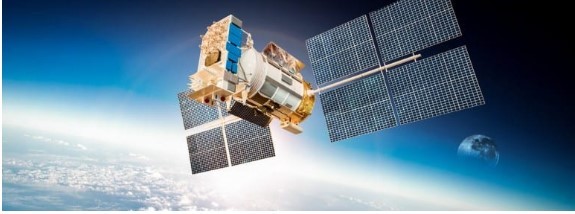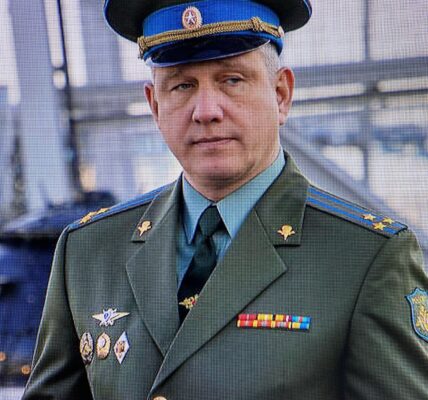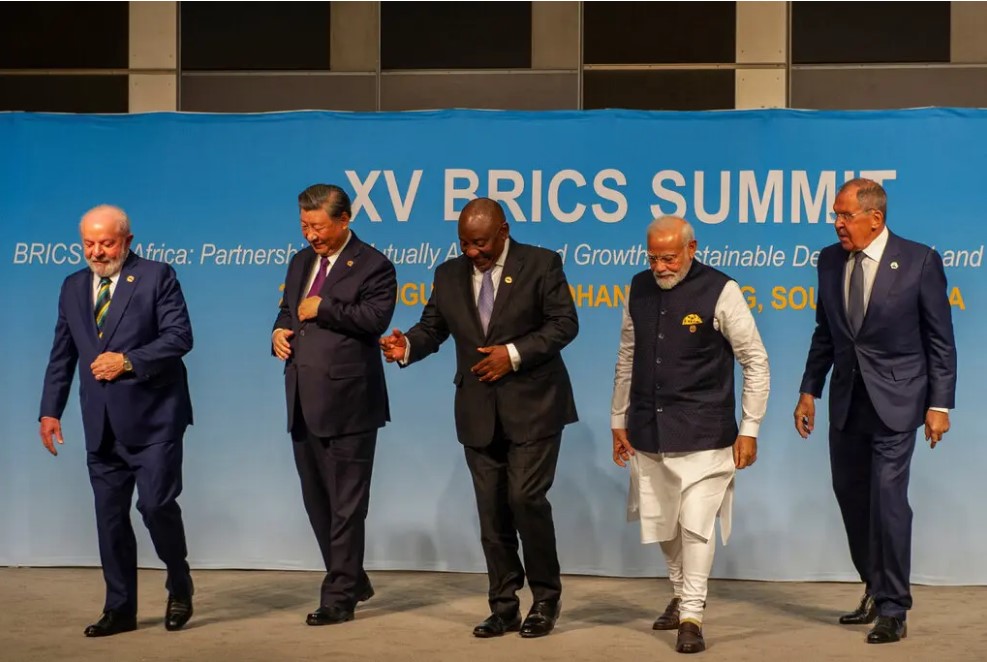The Musk Paradox: Private Power, Public Scrutiny, and the Ukraine Conundrum
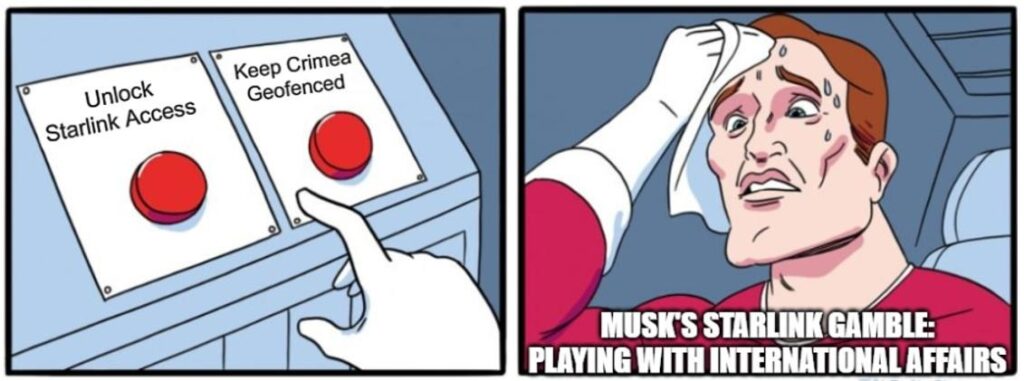
The Musk Paradox: Private Power, Public Scrutiny, and the Ukraine Conundrum
This week, the Kremlin spoke out against what it called traitorous Russian businessmen who criticise their country in an attempt to get relief from sanctions.
Some in America and abroad privately wish – privately because freedom of speech prevents such thoughts being aired publicly – that Elon Musk could be held accountable for actions that appear to prioritise his personal interests over those of his adopted country.
The South African born billionaire, now a naturalised American, has been branded a “traitor” as he has openly meddled in international affairs, including disrupting a Ukrainian drone attack on Russia.
The biography and a surprising revelation
In a surprising revelation from Walter Isaacson’s latest biography of Elon Musk, the enigmatic billionaire is said to have ordered the shutdown of a Starlink satellite communications network near the coast of Crimea last year. Subsequently, it was clarified that Starlink had been geo-fenced in Crimea, rendering it unavailable in the region.
Starlink, a satellite network created by Musk’s SpaceX, has served as a lifeline for Ukraine, allowing its military forces to maintain critical communication channels amidst the systematic dismantling of traditional phone and internet networks by Russia, even at times when such support faced denial.
Kyrylo Budanov, head of the Main Ukrainian Intelligence Directorate, said that Starlink satellite systems are being used by Ukrainian forces on all front lines.
Isaacson’s biography reveals the prominent role played by Starlink when Ukrainian submarine drones, armed with explosives, approached the Russian fleet in the Black Sea.
The Ukrainian military’s request to enable Starlink coverage over Crimea was refused by Musk, so as the Ukrainian drone subs got near the Russian fleet in Sevastopol, “they lost connectivity and washed ashore harmlessly.”
Musk feared Putin might launch WW3
Musk reportedly made the decision out of fear that a Ukrainian attack on Russia’s naval fleet could spark a nuclear response from President Putin.
Had Putin, in a manner akin to how he has influenced numerous individuals, instilled in Musk a profound apprehension about potentially bearing responsibility for triggering World War III?
However, sceptics argue that Russia’s nuclear threat might have been a political tactic.

Musk firmly rejects the notion of being a traitor, expressing his allegiance to the United States. On his platform X, he stated, “I am a citizen of the United States and have only that passport. No matter what happens, I will fight for and die in America.”
Musk further explained that the absence of Starlink connectivity in the region was a consequence of sanctions imposed on Russia. “The sanctions include Crimea, and we are not allowed to turn on the connection to a sanctioned country without explicit government approval,” he clarified.

Nonetheless, criticism against Musk has been relentless, with Ukrainian presidential adviser Mykhailo Podolyak accusing the billionaire of “committing evil”. Podolyak argues that Musk’s interference indirectly led to civilian casualties, labelling it “the price of a cocktail of ignorance and big ego”.
“Why do some people so desperately want to defend war criminals and their desire to commit murder? And do they now realize that they are committing evil and encouraging evil?” Podolyak wrote.
Musk, as is now the norm, sought to have the last word – claiming what he did was for the benefit of humanity.


In response to the further criticism, Musk offered his perspective, explaining, “There was an emergency request from government authorities to activate Starlink all the way to Sevastopol. The obvious intent being to sink most of the Russian fleet at anchor. If I had agreed to their request, then SpaceX would be explicitly complicit in a major act of war and conflict escalation.”

Musk is praised by Putin – prompting fury in the U.S.
The situation further complicated when Russian President Vladimir Putin described Elon Musk as an “outstanding person” and a “talented businessman.” Such praise from a geopolitical adversary raised eyebrows and deepened concerns about Musk’s influence.
US Democratic Senator Elizabeth Warren has since called for an investigation into Elon Musk’s decision, expressing concerns that he might be dictating US foreign and military policy.
“The Congress needs to investigate what’s happened here and whether we have the adequate tools to make sure foreign policy is conducted by the government and not by one billionaire.”
“No one is supposed to make foreign policy for the United States, other than the United States government,” Warren emphasised.
Others have highlighted the substantial reach of Musk’s influence is a matter of global significance.
Colin Kahl, who held the position of Under-Secretary of Defense found himself in conversation with Musk, as the billionaire expressed dissatisfaction with the financial burden of providing Starlink services to Ukraine. Kahl stated, “Even though Musk is not technically a diplomat or statesman, I felt it was important to treat him as such, given the influence he had on this issue.”
Despite previously seeking to influence the war by proposing a “peace” initiative through a poll on X, Musk, voiced astonishment at the evolving situation, telling biographer Isaacson, “How am I in this war? Starlink was not meant to be involved in wars. It was so people can watch Netflix and chill and get online for school and do good peaceful things, not drone strikes.”
Many argue that the decision for Ukraine to receive Starlink support should not have rested solely on Musk’s discretion. Western governments must take the initiative to procure and provide such critical technologies for their allies directly.
US Secretary of the Air Force Frank Kendall discussed the matter in a CNBC interview, where he indicated that SpaceX had chosen to offer their services voluntarily, granting them a certain level of discretion. ““At the time, SpaceX made some unilateral decisions about what to do for Ukraine. They were not on contract to the US,” he said. Since then, on June 1, the Pentagon now has a contact with SpaceX to buy those satellite services for Ukraine.
In today’s interconnected world, the rise of private powerhouses has reshaped the global landscape in unprecedented ways. Tech titans and billionaire entrepreneurs have stepped into roles once reserved for nation-states, wielding immense influence in international conflicts. As the boundaries between private enterprise and geopolitics blur, it becomes essential to examine the implications of this evolving dynamic.

